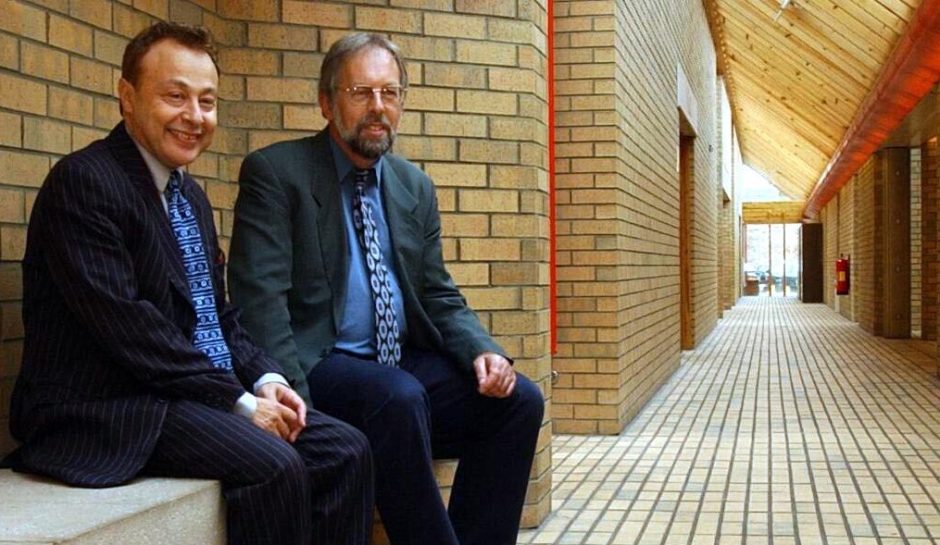
Huge sums payed to Scottish wind farms to stop generating electricity are directly related to the difficulty of shutting down nuclear power facilities, according to a new report.
A raft of onshore wind developments in Scotland currently receive close to £100 million a year to power down when electricity demand is low.
But new data provided by energy consultancy Cornwall Energy, as part of a report commissioned by campaign group 100percentrenewableuk, appears to show that the cost of shutting down nuclear power is currently too expensive, resulting in Scottish wind farms being paid to stop generating energy despite being the cheapest solution.
David Toke, an Aberdeen University academic and author of the report, said: “Inflexible operation of nuclear power plants is switching off wind turbines.
“Essentially, cheaper electricity production from wind farms is being turned off in order to protect production from nuclear power plant whose production is much more expensive to manage.
“These nuclear plants either cannot or will not help to balance the grid in these circumstances.
“This undermines renewable energy and increases the costs to the consumer of operating wind farms.”
The report also claims the current reliance on nuclear energy, and the associated costs to shut down nuclear facilities, will impact the long term growth of onshore wind and solar energy.
It adds that an “existing regulatory bias” in favouring nuclear power over clean energy should be removed, and future policy should be based on achieving net zero carbon targets.
Mr Toke called the current situation of regulators showing a preference for nuclear power “too inflexible”.
He added: “It does seem clear that the inability or unwillingness of the nuclear power to adjust their load is at least partly responsible for the large bulk of wind farm compensation payments that were made during these years.
“Far from offering some remedy to this problem, the way terms of the contracts being issued to new nuclear and renewable energy generators actually makes things worse.”
